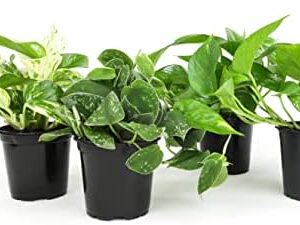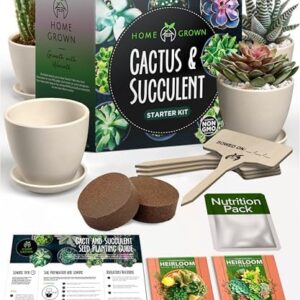Green farming is changing the way we think about agriculture. With a focus on sustainability and environmental stewardship, farmers around the world are embracing organic practices that prioritize soil health and biodiversity. One key component of this movement is composting, a natural process that transforms organic waste into nutrient-rich soil amendments.
Composting has been used for centuries as a way to recycle kitchen scraps, yard waste, and other organic materials. However, in recent years, it has gained renewed attention as a key tool in the transition to sustainable farming practices. By harnessing the power of decomposition, farmers can create their own fertilizer and soil conditioner, reducing their reliance on synthetic inputs and chemical pesticides.
The benefits of composting are numerous. One of the most significant advantages is its ability to improve soil structure and fertility. When organic matter is added to the soil in the form of compost, it provides essential nutrients for plant growth and helps to retain moisture. This results in healthier plants with stronger root systems, better able to withstand drought and disease.
Compost also plays a crucial role in sequestering carbon in the soil. By storing carbon in the form of organic matter, compost helps to mitigate climate change by reducing greenhouse gas emissions. In addition, compost can help to prevent erosion and improve water quality by promoting the retention of water and nutrients in the soil.
From small-scale backyard gardens to large commercial farms, composting is revolutionizing organic agriculture. Farmers are discovering that by composting their waste materials, they can not only reduce their environmental impact but also save money on costly inputs. In addition, composting helps to close the loop on nutrient cycles, as organic matter is returned to the soil where it can be utilized by plants.
One example of a farm that has embraced composting is Green Acres Farm in Oregon. This family-owned operation specializes in organic produce and has been composting for over a decade. The farm collects organic waste from its fields and greenhouse, as well as food scraps from local restaurants and grocery stores. This material is then mixed with wood chips and other bulking agents to create a rich compost that is spread on the fields each season.
The results have been impressive. Not only has Green Acres Farm seen an increase in soil fertility and crop yields, but the farm has also reduced its carbon footprint. By diverting organic waste from the landfill and turning it into compost, the farm is able to reduce methane emissions and build healthier soils that sequester carbon.
But composting is not just beneficial for the environment – it also makes good business sense. By producing their own fertilizer on-site, farms can save money on costly inputs like synthetic fertilizers. In addition, compost has been shown to increase the nutrient content of the soil, leading to healthier plants and higher yields.
As more and more farmers adopt composting as a key component of their operations, the benefits are becoming increasingly clear. Not only does composting help to build healthier soils and reduce environmental impact, but it also serves as a potent tool in the fight against climate change. By sequestering carbon in the soil and reducing greenhouse gas emissions, composting has the potential to revolutionize agriculture and create a more sustainable future for our planet.
In conclusion, composting is a powerful tool in the transition to green farming practices. By recycling organic waste into nutrient-rich soil amendments, farmers can improve soil health, increase crop yields, and reduce their environmental impact. As more and more farmers embrace composting as a key component of their operations, the benefits are becoming increasingly clear. From reducing greenhouse gas emissions to improving soil fertility, composting is revolutionizing organic agriculture and paving the way for a more sustainable future.






